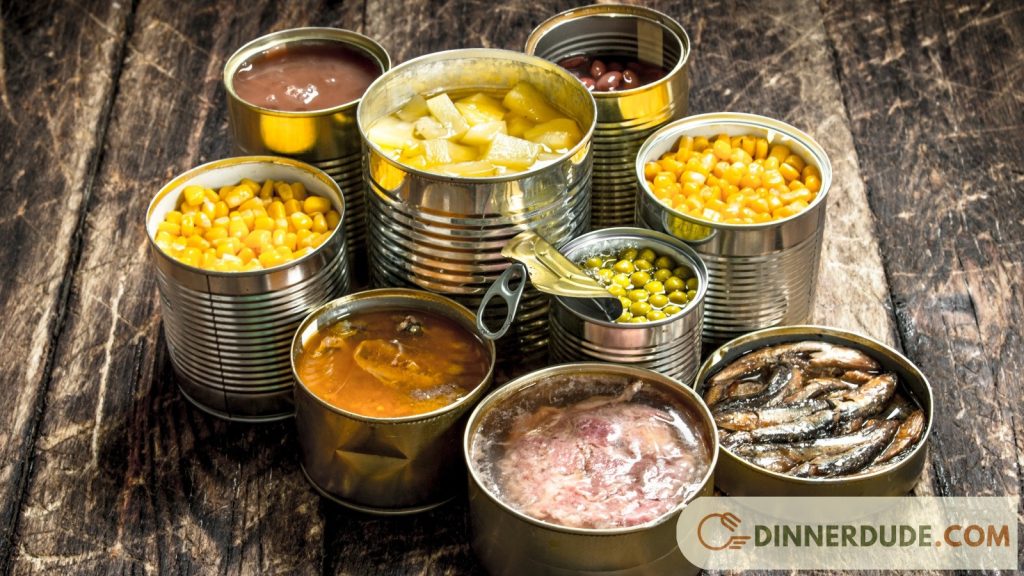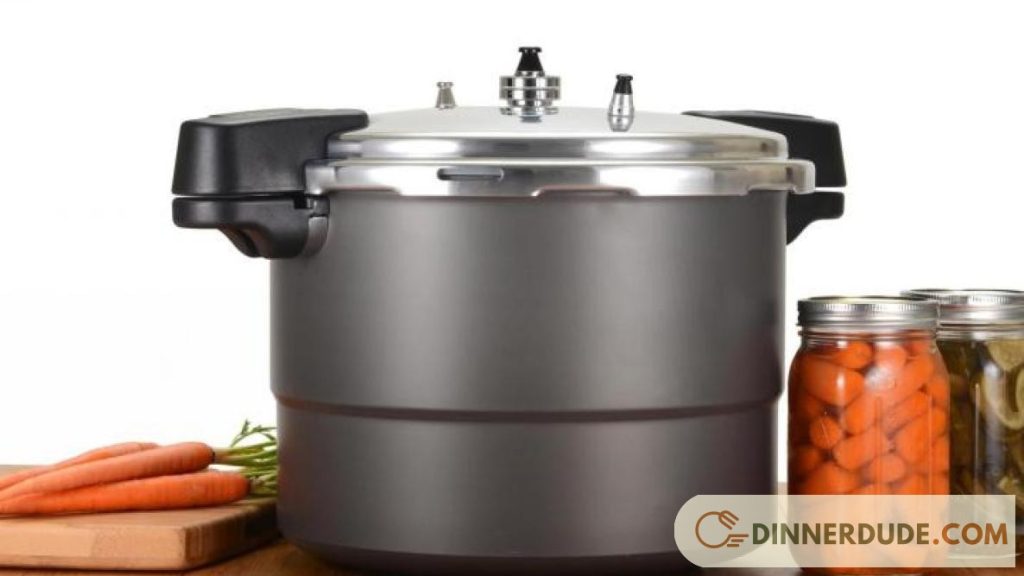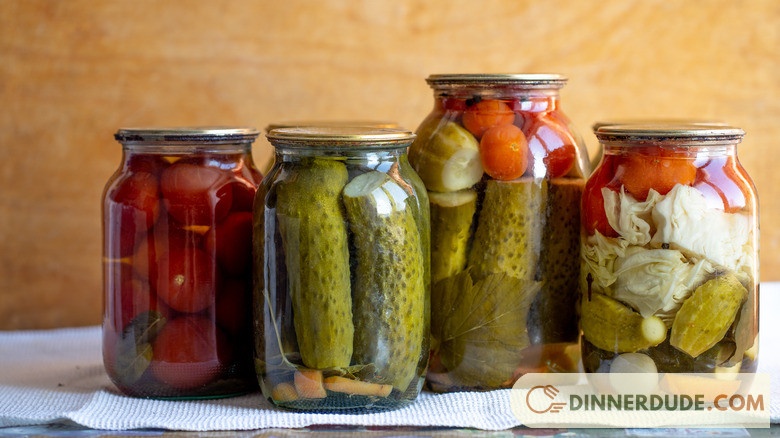Pressure canning is a widely used method for preserving a variety of foods, offering the convenience of long shelf life and the joy of enjoying seasonal produce year-round.
However, a common question that arises is Does pressure canning reduce nutrients? This article by Dinnerdude delves into the impact of pressure canning on nutrient levels, factors influencing nutrient loss, and strategies to maximize nutrient retention during the canning process.
Understanding Pressure Canning and Nutrient Retention

Pressure canning is a popular method for preserving a wide variety of foods, from fruits and vegetables to meats and poultry. However, one common concern is whether this process reduces the nutritional value of the food being preserved.
The Process of Pressure Canning
Pressure canning involves placing food in jars and heating them under pressure to a specific temperature that destroys bacteria, yeasts, and molds that could cause food spoilage. This high heat also kills potential toxins produced by these microorganisms, making the food safe for long-term storage.
Factors Affecting Nutrient Loss in Food Preservation
Several factors can affect nutrient loss during food preservation, including the type of nutrient, the specific food being preserved, and the preservation method used. Heat, light, and oxygen exposure can all contribute to nutrient loss. In the case of pressure canning, the primary factor is heat.
Does pressure canning reduce nutrients?

While it’s true that heat can cause some nutrient loss, the impact of pressure canning on nutrient levels is more nuanced than it might initially appear.
Nutrient Changes During Pressure Canning
Certain nutrients, such as vitamin C and some B vitamins, are sensitive to heat and may be reduced during the pressure canning process. However, other nutrients, like fiber and minerals, remain stable and are not affected by heat. It’s also worth noting that the nutrient loss is not absolute; a significant portion of the original nutrients often remains.
Comparing Pressure Canning to Other Preservation Methods
When compared to other preservation methods, pressure canning may actually help retain nutrients better. For instance, while freezing can preserve most nutrients, it requires energy for long-term storage and the thawing process can result in some nutrient loss. Similarly, canning can sometimes preserve nutrients that would be lost in fresh produce due to degradation over time.
Maximizing Nutrient Retention in Pressure Canning

While it’s inevitable that some nutrient loss may occur during pressure canning, there are strategies to maximize nutrient retention. This involves careful selection of produce, minimizing processing time, and considering the impact of liquid used in canning.
Choosing and Preparing Produce
The nutritional content of canned food starts with the quality of the fresh produce used. Fresh, ripe fruits and vegetables at their peak will have higher nutrient levels to begin with. Additionally, quickly processing the produce after harvesting helps to preserve these nutrients. Washing, peeling, and cutting your produce just before canning can also minimize nutrient loss.
Processing Time and Canning Liquid
The length of the canning process can impact nutrient levels. While it’s important to follow safe canning guidelines, avoiding unnecessarily long processing times can help preserve heat-sensitive nutrients. The type of liquid used in canning can also affect nutrient retention. For instance, using the natural juice of the fruit or vegetable, instead of water or syrup, can help maintain more of the original nutrients.
In essence, while pressure canning does cause some nutrient loss, careful handling of the produce and thoughtful canning practices can help maximize nutrient retention. Therefore, pressure-canned foods can still be a valuable part of a balanced and varied diet.

Does pressure canning reduce nutrients? In conclusion, while pressure canning can lead to some nutrient loss, particularly for heat-sensitive vitamins, it does not render the food devoid of nutritional value.
Furthermore, when compared to other preservation methods and considering factors like storage time and convenience, pressure canning can be a valuable method for preserving a variety of foods. As with all aspects of diet, diversity is key, and canned foods can certainly be part of a balanced, nutrient-rich diet.